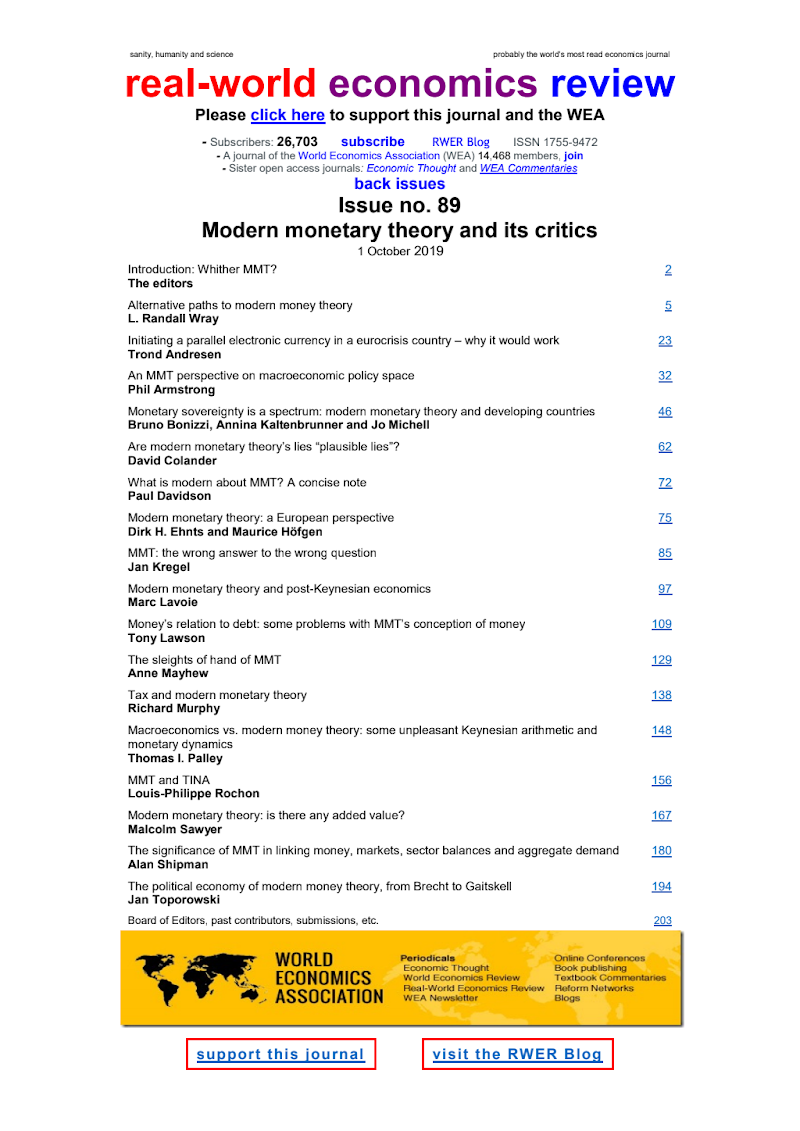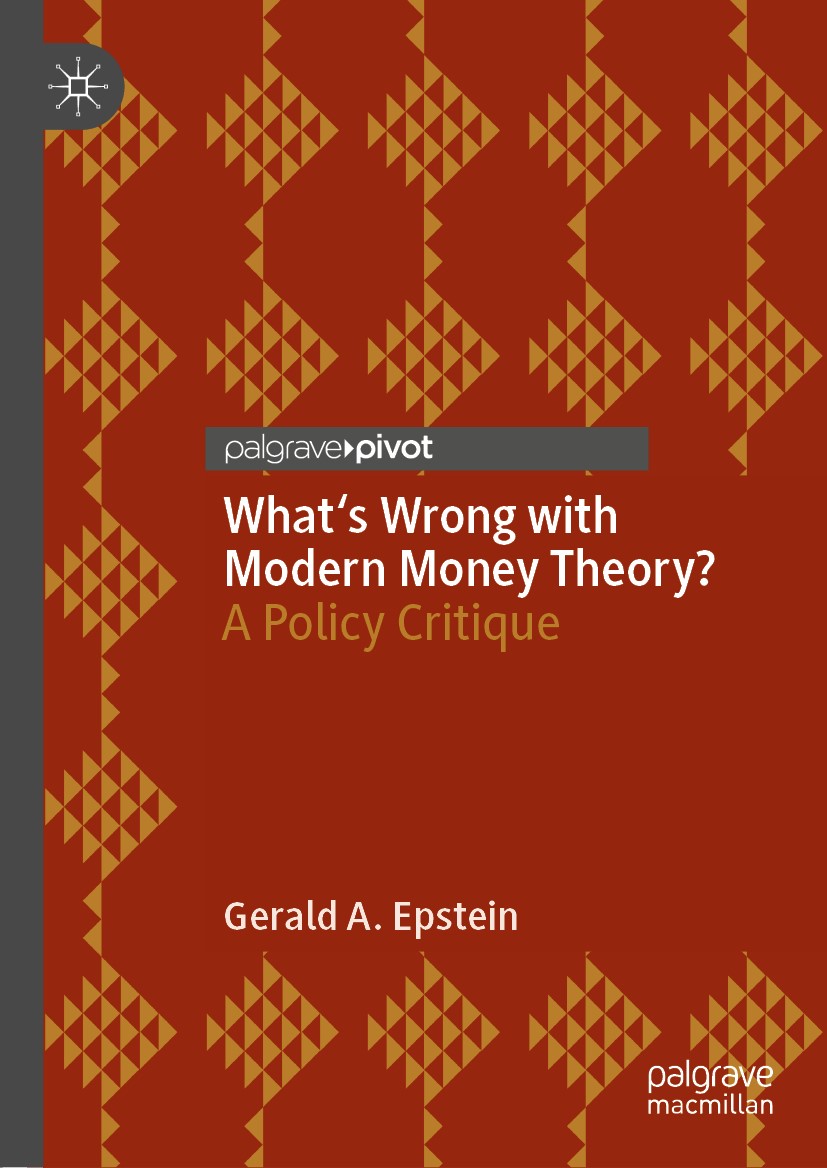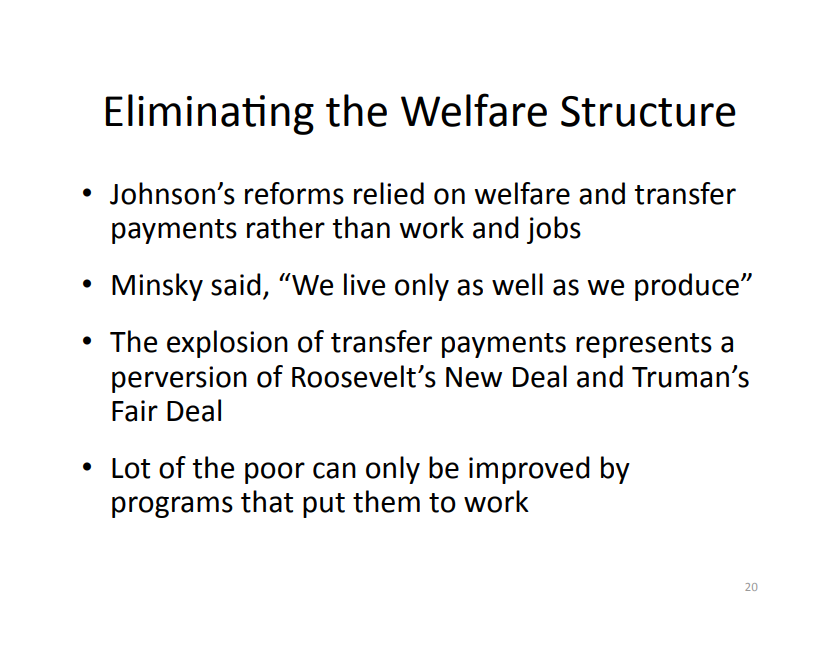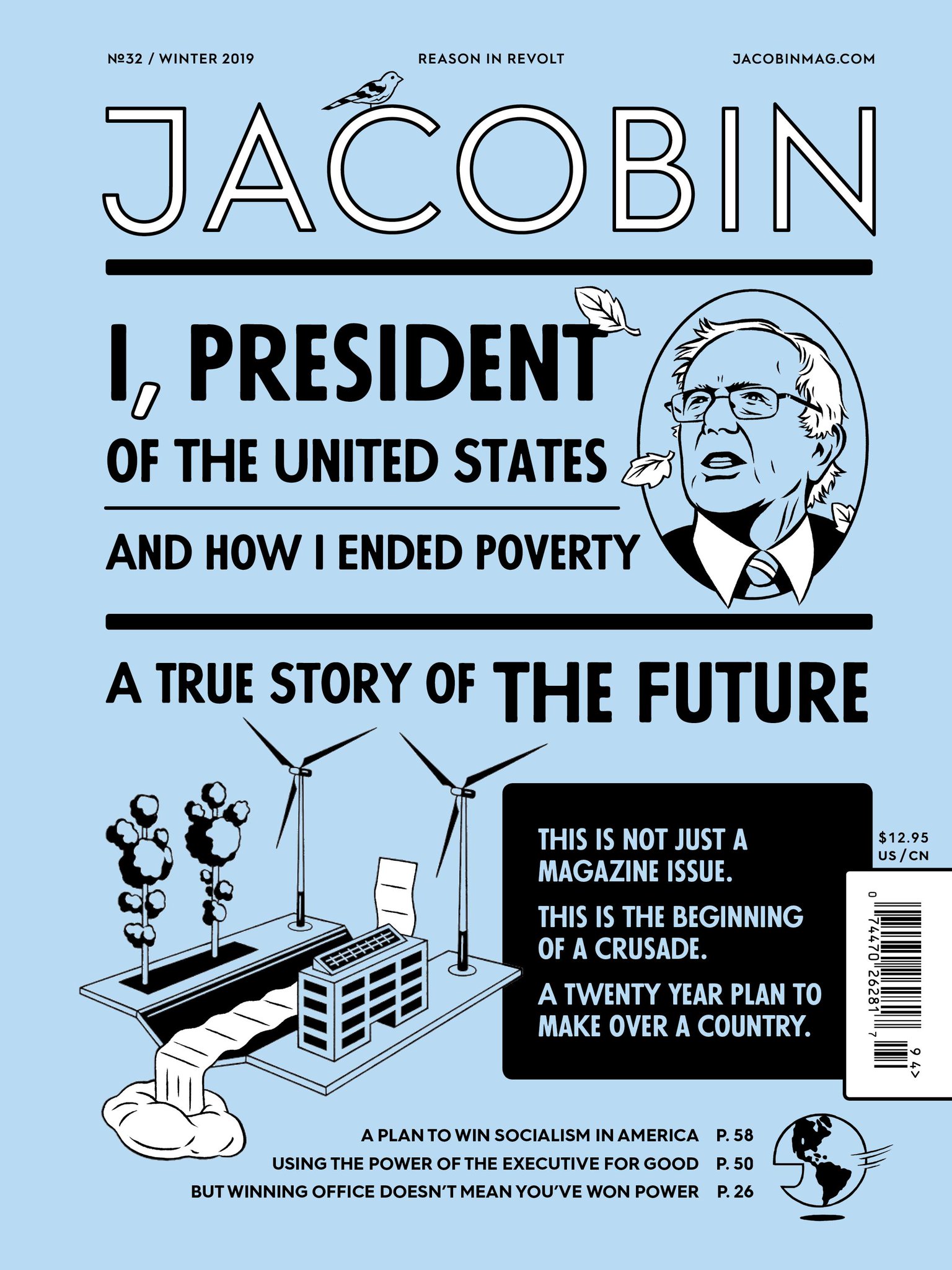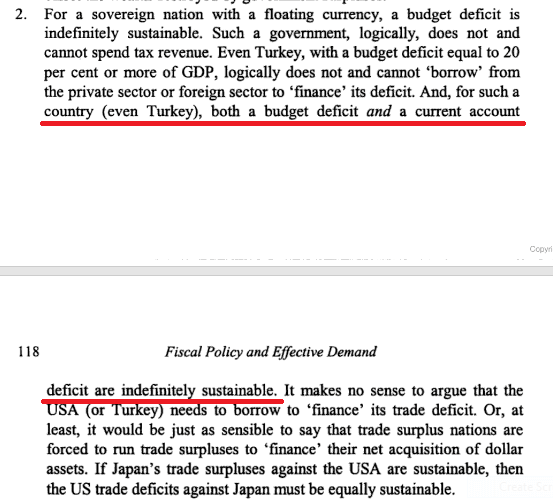In a three part series, Bill Mitchell, makes the case against free trade. While this is most welcome – success and failure of nations depends on success in international trade via the principle of circular and cumulative causation – it’s quite a drastic change from what Neochartalists have claimed before. From “exports are a cost and imports benefits”, they have shifted their position. Mitchell goes on to concede:
These so-called ‘free trade’ agreements are nothing more than a further destruction of the democratic freedoms that the advanced nations have enjoyed and cripple the respective states’ abilities to oversee independent policy structures that are designed to advance the well-being of the population.
[emphasis: mine]
Neochartalists have always denied – till recently – that free trade can put a constraint on fiscal policy. They interpreted such critiques as an argument against fiscal expansion, instead of realizing that it’s possible to both argue for fiscal expansion and realize that it is constrained by balance of payments. One potential solution is import controls. Mitchell concedes that it’s required sometimes. He says:
In those cases, import controls may be justified to limit the damage to the less developed nation, despite the material benefits to the more developed nation being obvious.
[boldening: mine]
In another blog post as I noticed here, Mitchell says this while making proposals on reforming the international institutional framework:
…
2. Macroeconomic stabilisation – support for national currencies in the face of problematic balance of payments.
This function recognises that all nations should maintain sovereign currencies and float them on international markets but at the same time recognising that capital flows may be problematic at certain times and that some nations require more or less permanent assistance due to their export capacities and domestic resource bases.
There have been many critiques of Neochartalism but very few touch on this or give attention. But since international trade is the most important determinant of the rise and fall of nations, and that Neochartalism claims to be some fundamental theory of human interactions, its extreme position and shifting away from it should be noticed and critiqued, although welcomed.
In short, Neochartalism which is some sort of moral superiority on fiscal policy has accepted that free trade can put constraints on it. The solution of course is beyond the scope of this post but this shift should acknowledged when Neochartalism is discussed.
